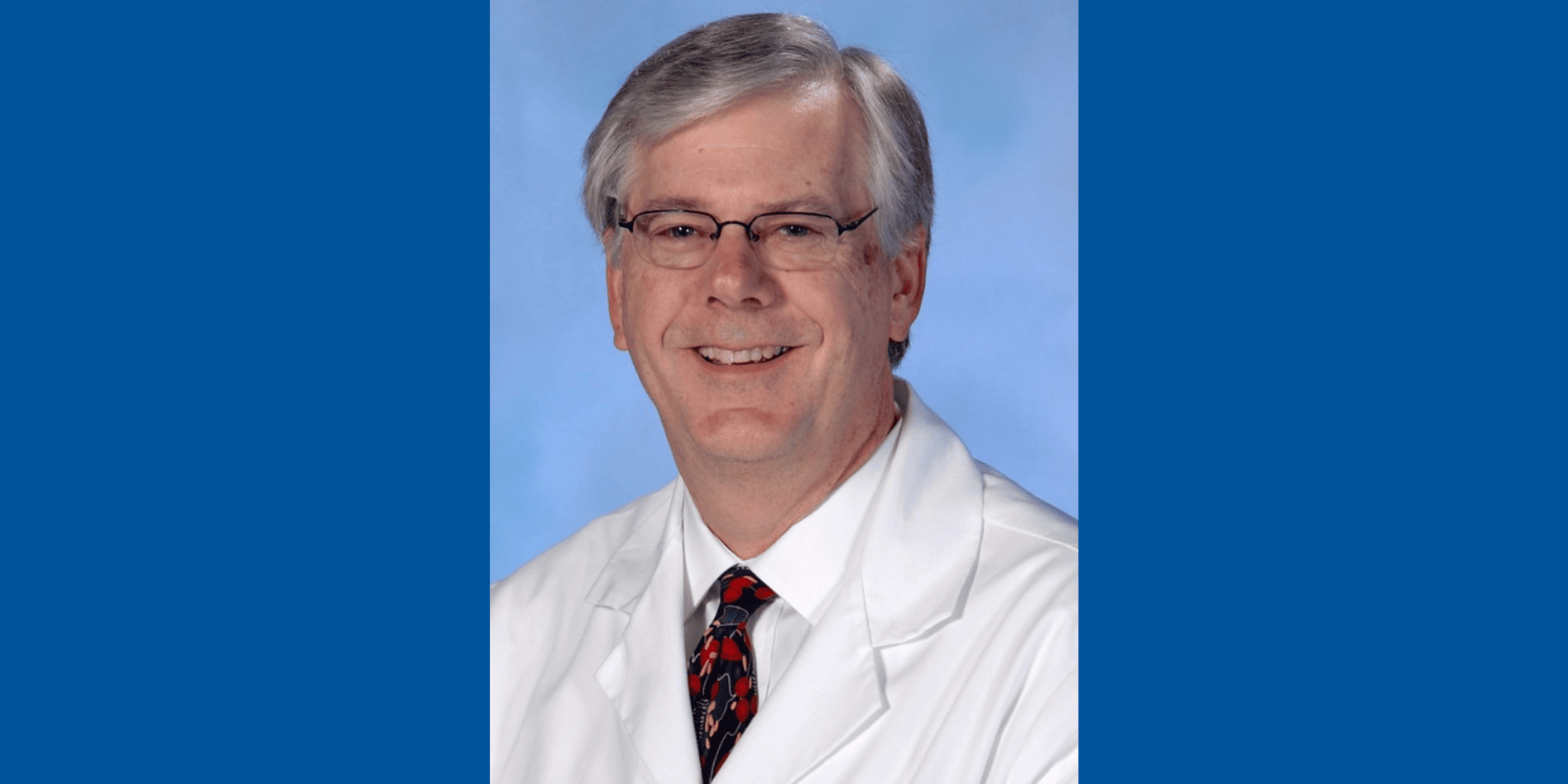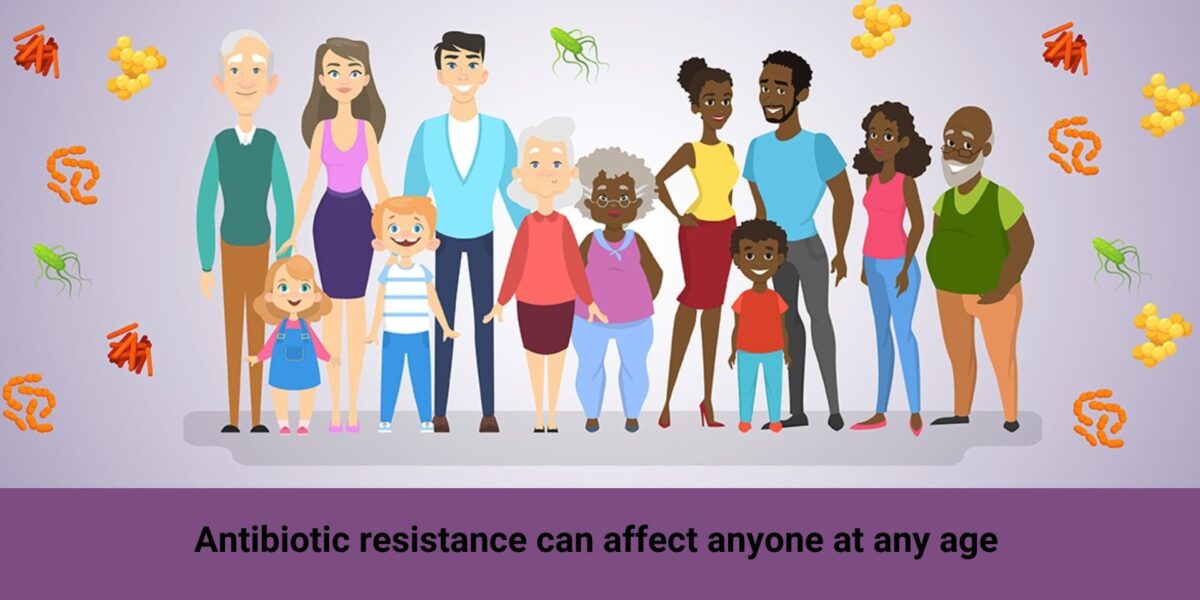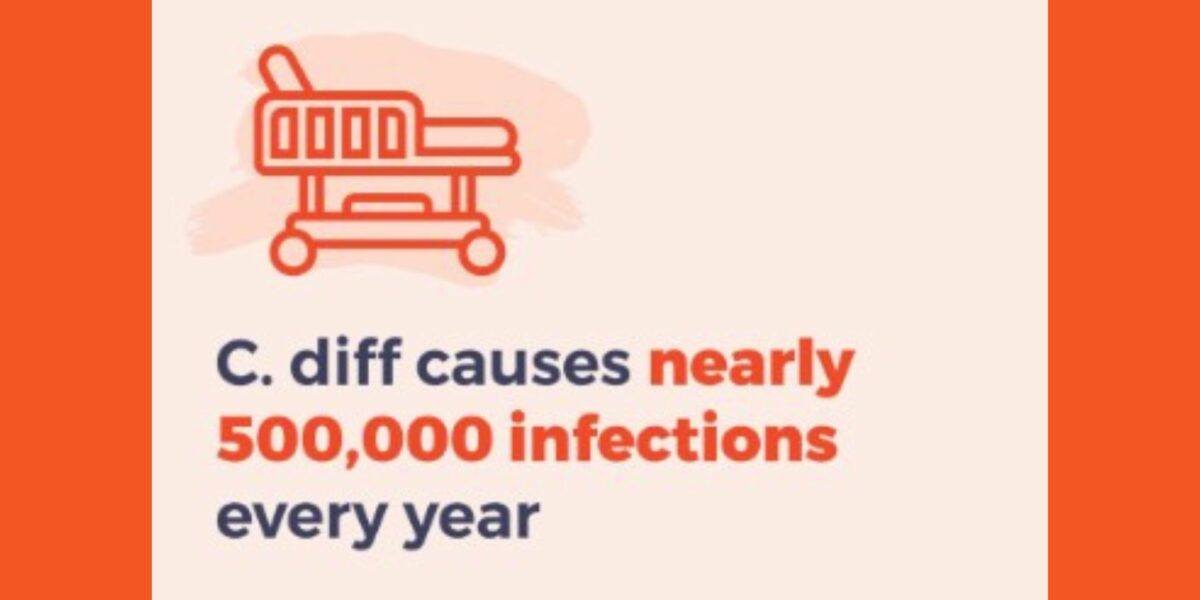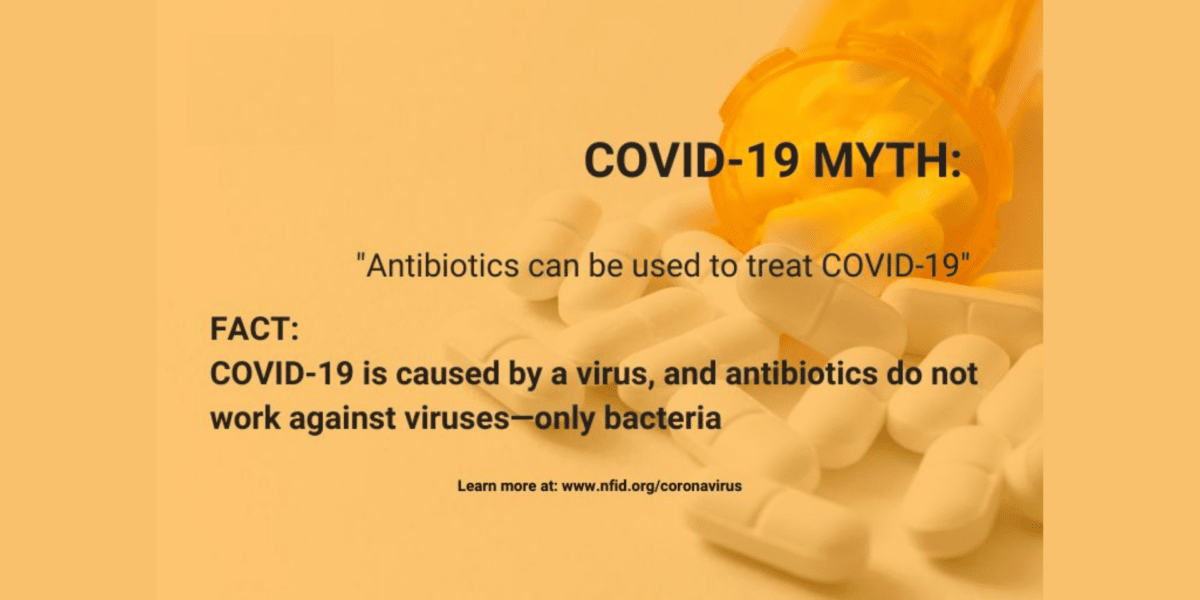
- Every year in the US, more than 2 million people get infections that are resistant to antibiotics and at least 23,000 people die as a result.
- Taking an antibiotic when it is not needed can lead to the development of antibiotic resistance. Each time someone takes unnecessary antibiotics, they increase their risk of developing an infection that may be resistant to treatment by antibiotics in the future.
- More than 25% of antibiotic prescriptions for adults are for conditions for which antibiotics are not needed. And even when antibiotics are needed, the wrong drug is frequently prescribed.
- Antibiotics are responsible for almost 1 out of 5 visits to emergency departments for drug-related adverse events; nearly 80% of those visits are due to an allergic reaction.
- Exposure to antibiotics during infancy is associated with elevated body mass index (BMI) and risk of childhood obesity.
- C. difficile causes diarrhea as a result of disruption of normal gut bacteria due to antibiotic use, leading to 250,000 illnesses and 14,000 deaths per year.
- We are running out of drugs to treat the most serious infections. No new antibiotics have been developed in the last 10 years, and bacteria have steadily become more resistant to those that currently exist.
- Many of the advances in medical treatment—joint replacements, organ transplants, cancer therapy, and treatment of chronic diseases such as diabetes, asthma, and rheumatoid arthritis—are dependent on the ability to fight infections with antibiotics. Without effective antibiotics, the ability to safely offer people many life-saving and life-improving modern medical advantages will be lost.
So what actions can be taken to prevent antibiotic resistance? Perhaps the single most important action needed to greatly slow down the development and spread of antibiotic-resistant infections is to change the way antibiotics are used. Ending even some of the inappropriate and unnecessary use of antibiotics will help greatly in slowing down the spread of resistant bacteria. The commitment to using antibiotics appropriately and safely—only when they are needed to treat disease, selecting the appropriate antibiotics, and administering them in the right way—is known as stewardship.
There is a need for all healthcare providers—particularly physicians—to engage in antibiotic stewardship to manage the appropriate use of antibiotics. All healthcare facilities, including hospitals, long-term care facilities, long-term acute care facilities, ambulatory surgical centers, and dialysis centers should be prepared to develop and implement antimicrobial stewardship plans as recommended by a number of leading health organizations, including the Centers for Disease Control and Prevention (CDC).
Physicians are being called upon to direct and supervise antimicrobial stewardship plans and they need to be fully prepared, informed, and trained about all the elements of antibiotic stewardship to achieve optimal clinical patient outcomes related to antibiotic use. NFID has partnered with Making a Difference in Infectious Diseases Pharmacotherapy (MAD-ID) to offer a unique opportunity for physicians to participate in a conference for those interested in antimicrobial stewardship and the management of infectious diseases.
The 2014 MAD-ID Annual Meeting (MAD-ID 2014) will be held on May 29-31, 2014 in Orlando, FL to address the status of antimicrobial resistance in the US and the urgent need to train physicians and other healthcare providers about the importance of implementing antimicrobial stewardship programs throughout the healthcare system. For additional information and to register, visit http://mad-id.org/2014-mad-id-annual-meeting/.
Special thanks to NFID President, Thomas M. File, Jr., MD for this blog post on antimicrobial resistance and the importance of stewardship. Additional information is available at www.nfid.org/links/antimicrobial-resistance.
To join the conversation, follow us on Twitter (@nfidvaccines) and use the hashtag #MADID14, like us on Facebook, and join the NFID Linkedin Group.
Related Posts

5 Things To Know about Antibiotic Resistance
There are steps everyone can take to help protect against drug-resistant infections

C. diff: An Urgent Public Health Threat
November is C. diff Awareness Month, an annual opportunity to raise awareness about this common but potentially deadly infection

A Perfect Storm: Antibiotic Resistance and COVID-19
COVID-19 disease caused surges in hospitalization with a proportion of patients experiencing severe disease that led to prolonged hospitalization and the use of invasive medical devices. At the same time, the pandemic also diminished the ability of hospitals to perform optimal infection prevention and antibiotic stewardship activities as resources were diverted to COVID-19 response …
